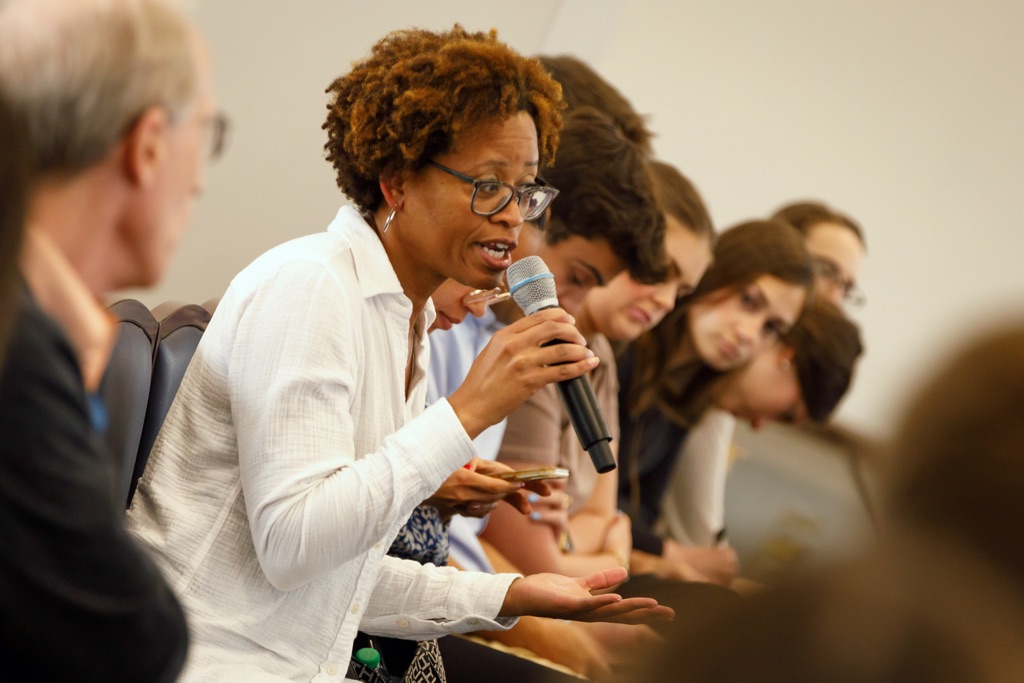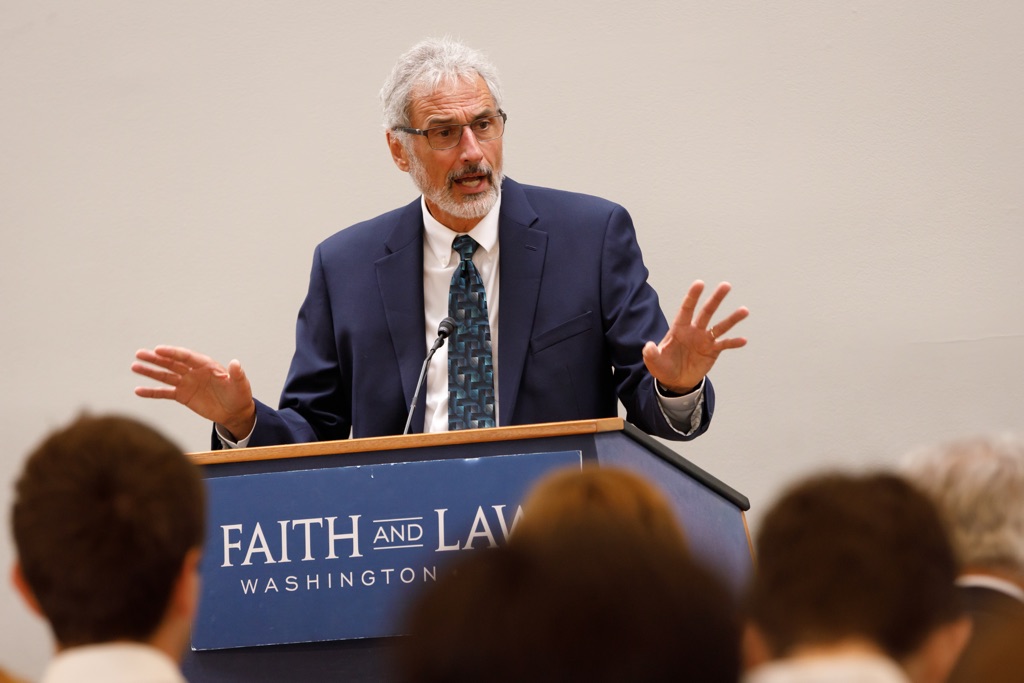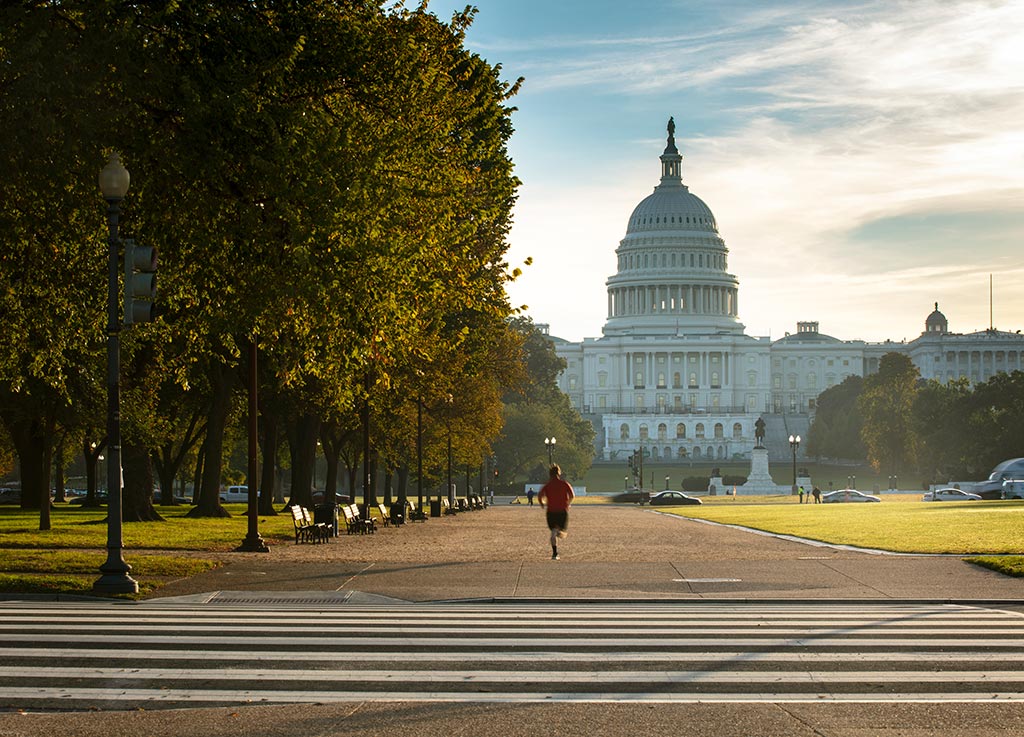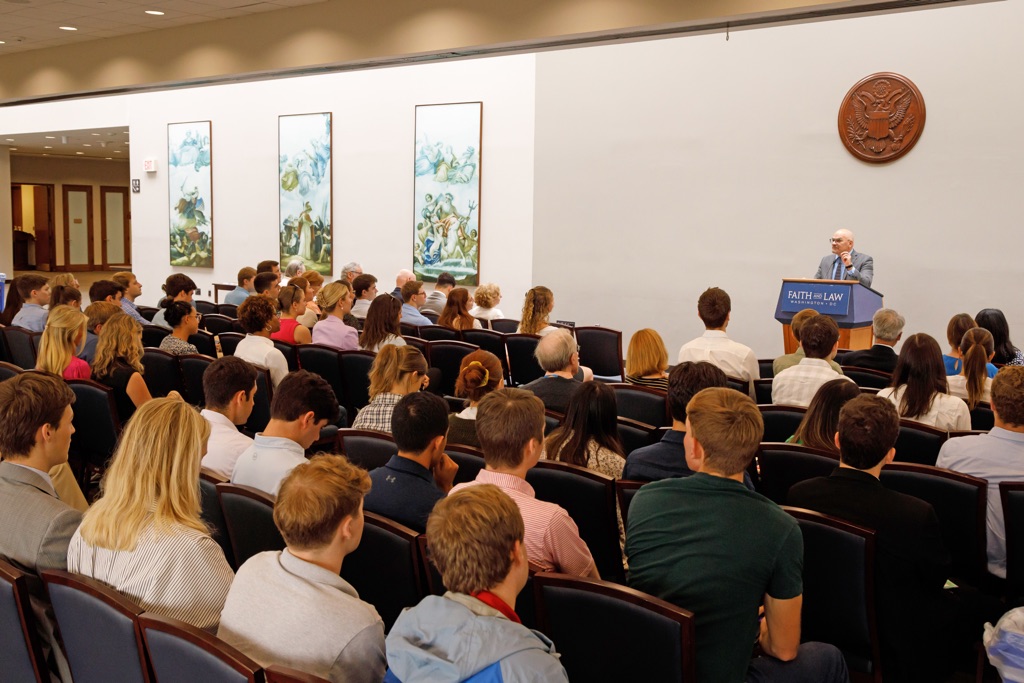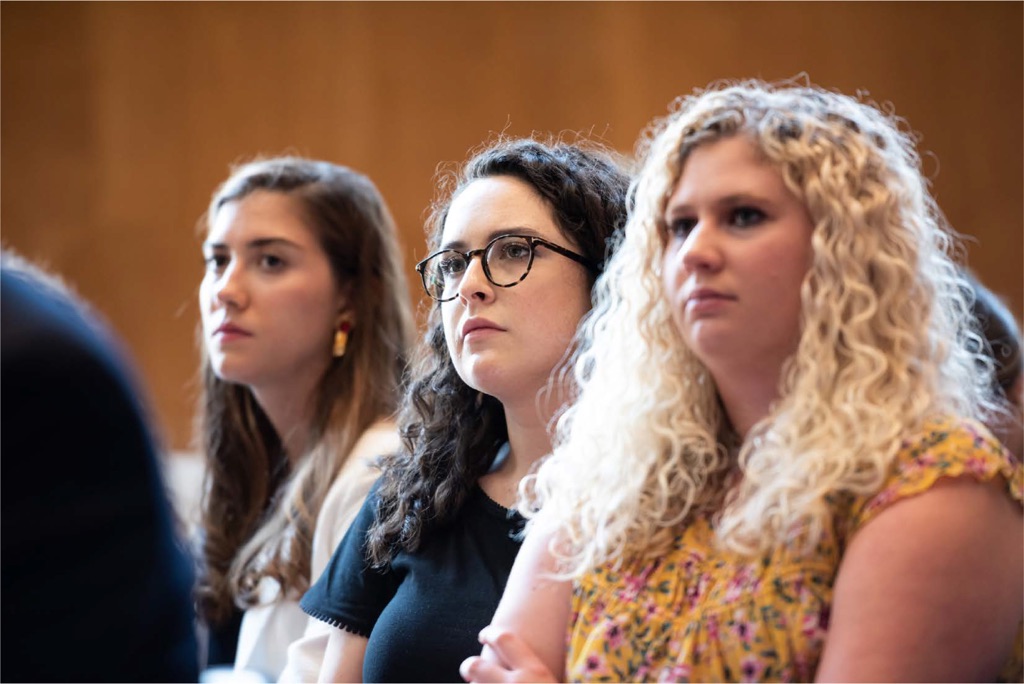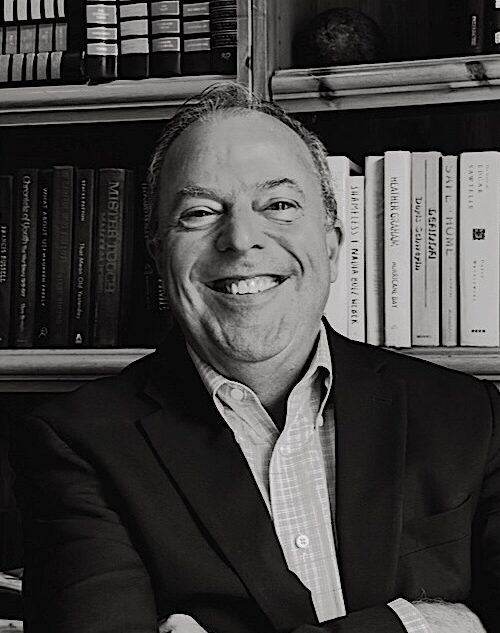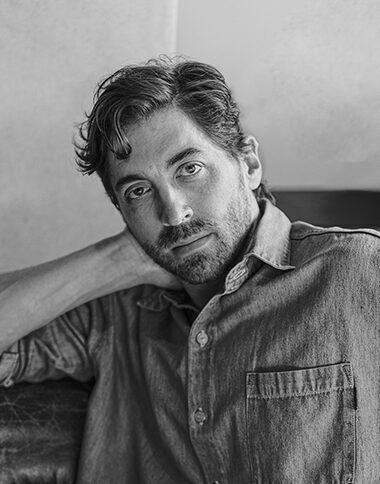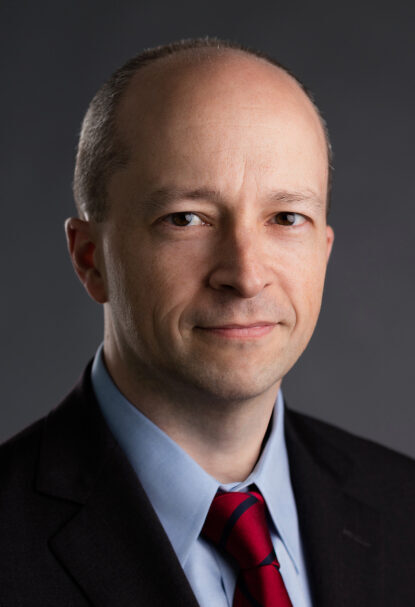Solving More Cases Would Reduce Violent Crime
In a panel discussion entitled, “Understanding Violent Crime and the Police Responses,” Heather Rice-Minus, CEO of Prison Fellowship, discussed record high rates of violent crime since 2020 – and how fragmented national data collection complicates efforts to bring perpetrators to justice. For those accustomed to seeing homicides neatly wrapped up in a 50-minute TV segment, the reality of crime-solving is much different. According to Rice-Minus, 50 percent of cases of violent crime and homicides remain unsolved – and that is “unacceptable.”
Violent crime “reverberates beyond the one victim,” said Marc Krupanksi with Arnold Ventures. “It creates retaliatory sources of violence [where] today’s shooter is tomorrow’s victim. So, you are continuing to re-traumatize the entire community over and over again.”
Unsolved crime – known as low clearance rates – is particularly acute in minority communities. “We know that blacks are disproportionately affected by violent crime and less likely to see crime solved,” said Krupanski.
“Low clearance rates send a message that individuals who engage in violent behavior can continue to act with impunity,” said Jason Olin with the Niskanen Center. To deter violent crime from happening in the first place, resources need to be directed toward boosting clearance rates. Research has shown that the swift and certain punishment of many has a greater deterrent effect than harshly punishing a few.
“As you increase the number of police, you see less crime,” said Krupanski, adding that “it is also important how they are trained, deployed and held accountable.”
With over 30 years in policing in Camden, NJ, Bill Murray trains law enforcement to act proactively, utilizing technology such as body cameras and microphones to gather and analyze the leading indicators of crime – before it happens. Providing grants to victims also can help build trust and cooperation with law enforcement, leading to higher clearance rates. With its focus on “effective and accountable police,” Prison Fellowship is a supporter of the 2024 Violent Incident Clearance and Technological Investigative Methods Act” (VICTIM Act).
Thank you, Prison Fellowship, for providing moral clarity in dark places. Your founder, Chuck Colson, would be proud.
Faith and Law is a non-profit ministry started by policy makers and for policy makers.
